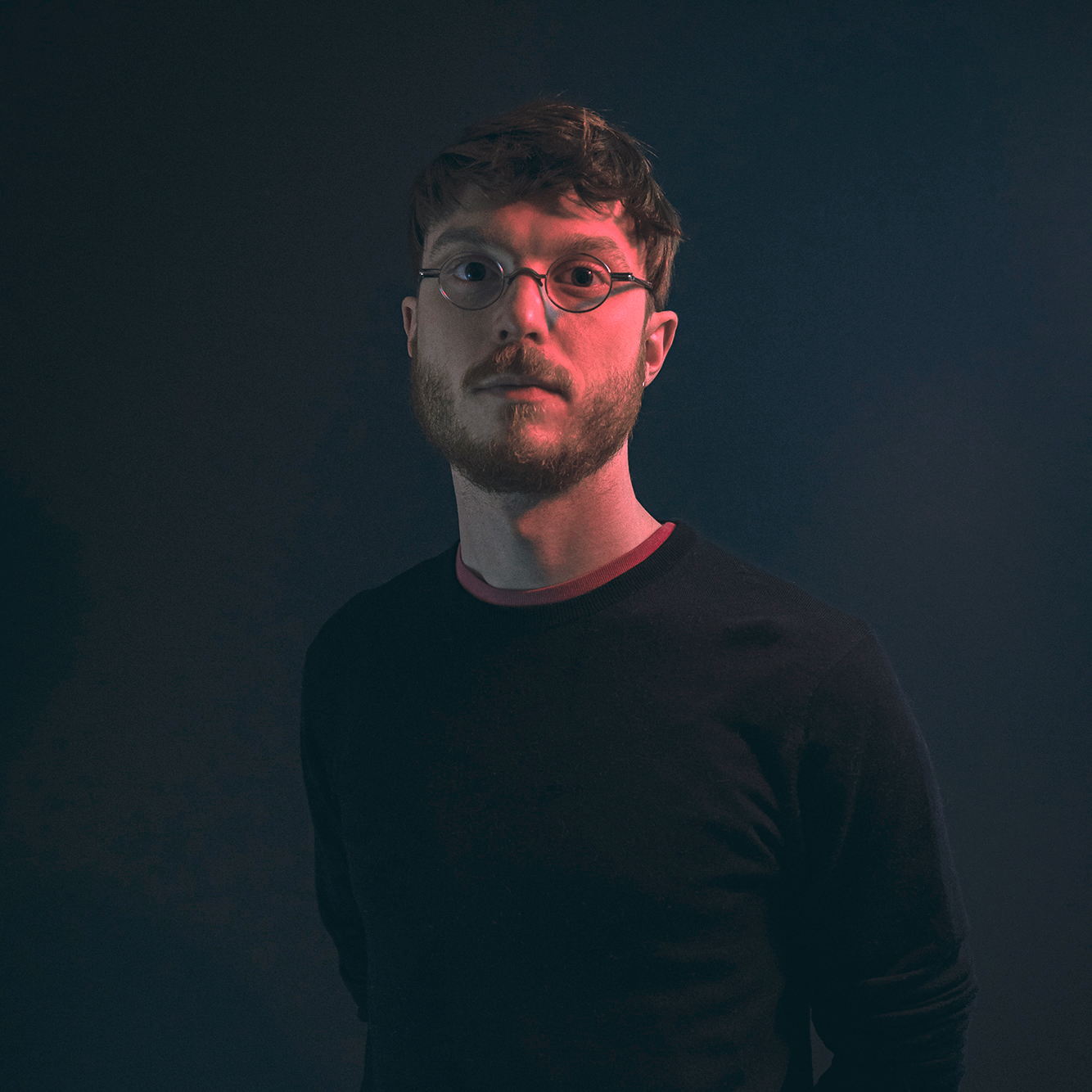Bio/
Jean-François Robin (FR) is a Tiohtiá:ke/Montreal-based intermedia artist. He completed his Bachelor’s Degree in Art & Technology at Aalborg Universitet (Aalborg, DK), before pursuing his art career in France and later in Canada. He graduated with a MFA in Intermedia Arts in 2021. Awarded a Merit Scholarship from the faculty of Fine Arts at Concordia University (Montreal, CA), he also received financial support through a scholarship grant from Desjardins (2018) and another research-creation grant from Digital Art Scholar, Jean-Ambroise Vessac (UQAT) 2021, for him to develop his most ambitious undertaking to date, his project Memories of the Future, and the necessary coding and 3D modeling for it to be presented in a VR environment.

He presented his interactive, yet contemplative, video-game Paysages disparaissant as part of Digital Art residency on the theme of finitude at 4th Space (Montreal, Concordia, CA) (2019). He partook in an online residency organized by KinoKulturKlub (Helinky, FI) (2020) where he created Kepler 452B, a 2” video made in Unity3D on the theme of visualizing what art might look like in the future. The collective result was then broadcasted on Alex TV (Germany) in the following year as well as in a variety of film festivals in Finland (2021). He was invited to take part in a residency at Le petit Théâtre du vieux Noranda (2021) where he created a collective performance—alongside artists from Lyon (FR) and Rouyn-Noranda (CA)—combining live music, live visuals, and improvisation theater, all of which was live-streamed.
By relying on digital collage, 3D printing and photogrammetry techniques, his work centers around the translation between material and digital matter, with a particular attention for what resists the translative act, the untranslatable, but also what is transformed and disfigured as a result of this same act. He primarily works with digital molds created by means of photogrammetry. He then sculpts, transforms, makes collages, so as to see new, unpredictable virtual environments emerge.
He is interested in exploring the narratives that come from the creation of those uncanny virtual landscapes and sculptural artifacts. On a more conceptual and ideological level, Jean-François Robin is concerned with the manifold temporalities embedded in translations—from digital to material and conversely from material to digital—and the renewed sense of space it might bring about for both humans and more-than-humans.